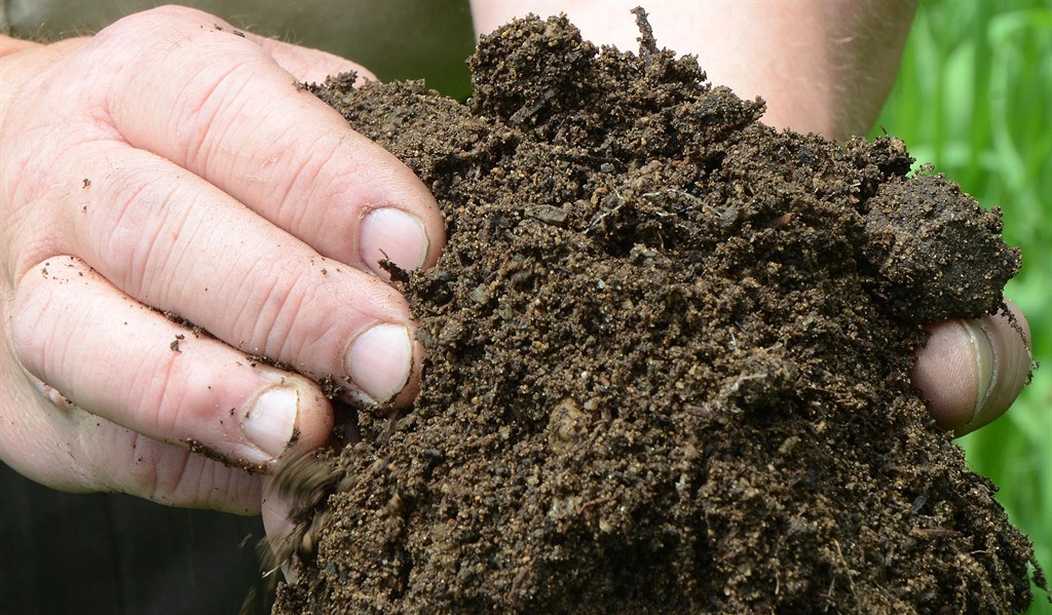Death comes to us all, and while we could spill a lot of virtual ink around the religious/spiritual aspects of going quietly (or not) into that good night, one state is dealing with the physical and, one might say, logistical aspects, as Delaware is joining several other states in legalizing human composting.
The Delaware Senate gave final approval Thursday to a bill allowing the composting of human bodies as an alternative to burial or cremation.
The measure passed on a 14-7 vote and now goes to Democratic Gov. John Carney.
The legislation authorizes a practice called natural organic reduction, which is often referred to as human composting.
Human composting is currently legal in Washington, Colorado, Oregon, Vermont, California, New York and Nevada, and legislation has been introduced in more than a dozen other states.
Supporters of the practice say it is an environmentally friendly and less costly alternative to traditional burials and cremation that uses less energy and doesn’t involve the use of formaldehyde or the release of carbon dioxide and mercury into the atmosphere. They also say it will help reduce the amount of land needed for cemeteries and the amount of timber harvested for caskets.
California legalized the practice in 2022, leading to some interesting discussions.
See Related: Human Composting Is Now Legal in California, Leading the Way to 'Soylent Green'
This practice, more accurately referred to as "natural organic reduction' as noted above, consists of much more than simply tossing a body onto a pike of organic matter, as the term "human composting" implies.
The organic reduction process involves putting a body into a large tank that also holds straw, wood chips or other natural materials for about 30 days. The human remains and organic materials would mix with warm air and be periodically turned until the body is reduced to a soil-like material that can then be given to the dead person’s family.
The practice is, we are assured, safe, and the resulting... soil is likewise usable for a variety of uses.
“That is completely safe for any use,” said Chris DiPietro, a lobbyist testifying in favor the bill. Some people use the soil from a loved one’s composting to plant a tree to remember them, he added.
Opponents suggested that human composting is disrespectful.
“I really have a tough time accepting the idea of composting a human body,” Sen. David Lawson said. “It just doesn’t comport with my upbringing, my religion and my belief that God designed us, and we deserve a bit more respect than being turned into tomato food.”
Comments about "Soylent Green" aside, this appears to be a reasonable way to deal with human remains if all parties agree to it or if it's in the deceased's will. My own family leans towards cremation. Some families prefer burials. And some will now, no doubt, opt for organic reduction, although I don't know as I'd be able to eat potatoes from their garden.
But this process begs one question: Would radical animal rights activists consider the potatoes grown in such soil to be "vegan?"
See Related: WATCH: Hilarious Video of Vegans Vowing to Stop Livestock Truck, Learning a Hard Lesson
Regardless of the vegan or not-vegan aspects, Delaware is offering end-of-life planners a choice they didn't have before. And that's seldom a bad thing.















Join the conversation as a VIP Member